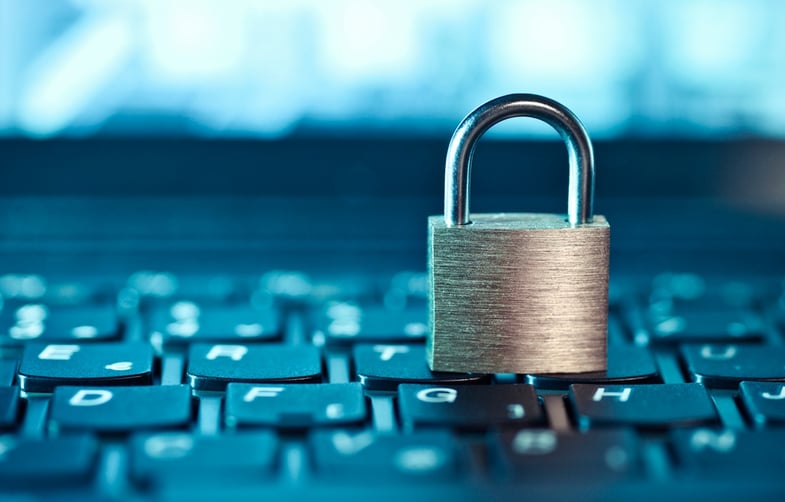
Staying on top of cyber security is one of the most critical aspects of protecting your business. That includes knowing about the latest scams and threats on the horizon. Whether you're protecting yourself, protecting your company, or protecting your devices, you need to know about the latest concerns in cyber security.
Pop-ups and Scam Calls
Instead of sending out viruses that are likely to be caught by your firewall, many hackers are attempting to catch your team unaware. Pop-ups claiming they are able to "fix" computer problems that don't really exist are one of the most common cyber threats--and unfortunately, they're becoming increasingly savvy. Some are clones of your antivirus software, while others are specifically designed to look like Windows error messages.
Scam calls are also an increasingly common form of social engineering. In order to protect your business, your staff must have the tools to recognize scam calls and react to them appropriately. Without that knowledge, unknowing employees could accidentally release confidential client data or provide system passwords to individuals masquerading as employees. Protecting your company means ensuring that every employee is familiar with the potential for scam calls and knows how to react appropriately.
IRS Taxpayer Scams
The recent tax season has seen a substantial rise in the number of IRS taxpayer scams. Even the most law-abiding citizen reacts to contact from the IRS with stress and tension. As a result, they're more likely to respond quickly and instinctively to threats rather than taking the time to think their responses through. Today's scammers demand information immediately, insisting that they're going to arrest the victim if they don't respond as soon as possible. They're offer refunds if the victim will simply provide them with necessary bank account information. Scammers frequently insist that payment be made immediately, rather than allowing individuals to set up payment arrangements or take the time to ensure the validity of the communication.
Note that the IRS never contacts people over the phone. Instead, they'll use certified mail for their initial contact. They also allow citizens to take the time to ensure the validity of their claims and to set up payment arrangements for outstanding debts, rather than putting pressure on citizens for immediate payment. By remaining aware of these circumstances, you can help protect yourself and your employees against this common scam.
Petya Ransomware
Many business owners, managers, and directors are terrified by the rise of ransomware--and with good reason. Ransomware encrypts every file in your system, making it unusable until you either break the encryption and pay the ransom--and in some cases, even if you pay the ransom, hackers may not be able to deliver a "fix." The Petya ransomware attack, which is one of the latest waves of ransomware attacking businesses, encrypts the master boot records of Windows machines. This makes the machines completely unusable until the $300 ransom is paid or a solution is found.
In order to protect against Petya, it's critical that your antivirus software remain updated, as many companies have already released patches that claim to protect against it. You can also protect against ransomware breaches by ensuring that your computer has been updated through at least March 2017, when a critical patch was released that defended against the EternalBlue vulnerability. Petya, in particular, will not impact your computer if you have the read-only file C:\Windows\perfc.dat installed on your computer; however, this will not prevent your computer from impacting others on the network.
Protecting yourself, your company, and your devices is a full-time job. If you need additional help with this critical process, contact us today to learn how we can help keep your protections updated and your company safer.
-1.png?width=142&name=ABT-Logo_2016%20(transparent)-1.png)









